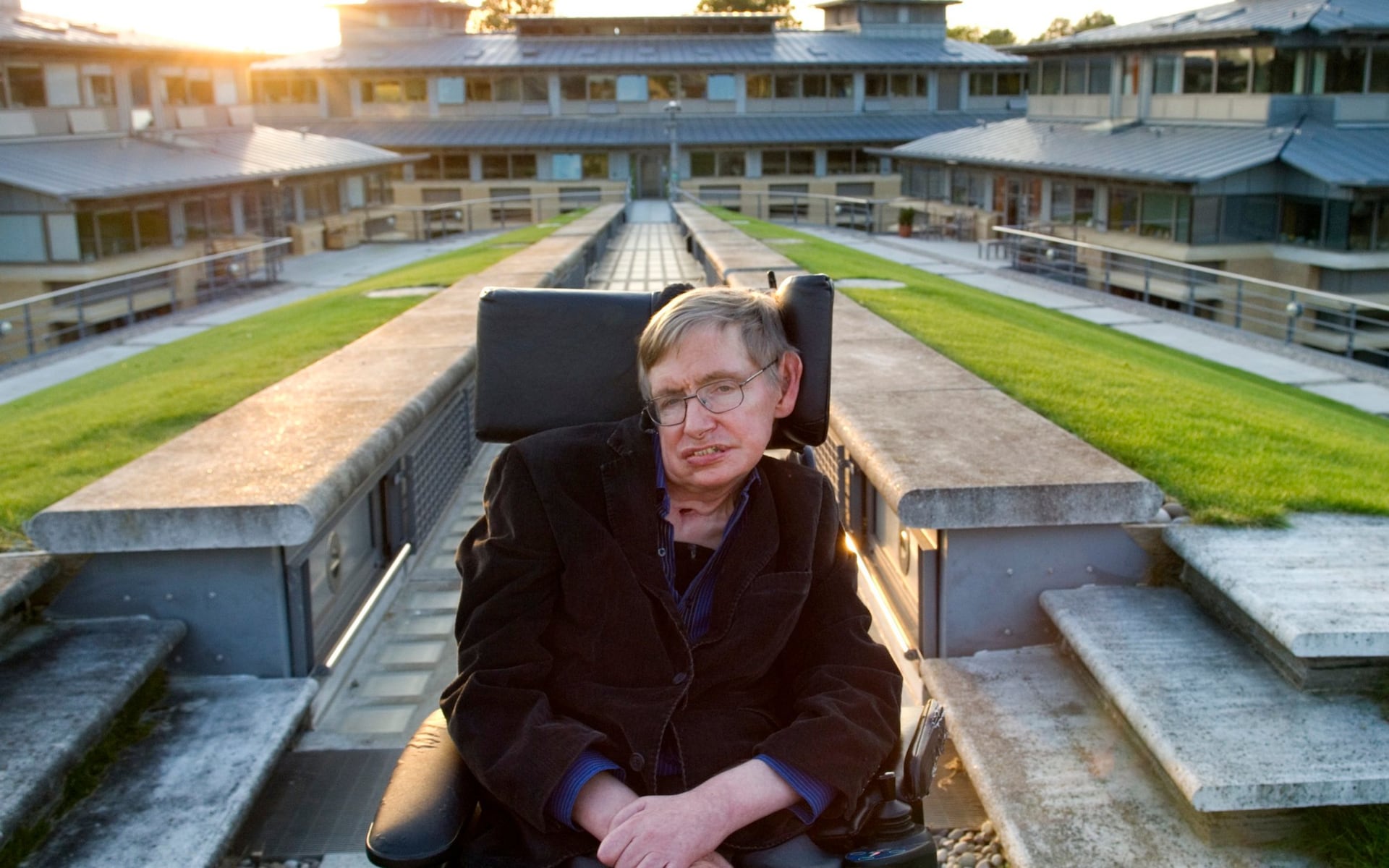
A last hypothesis clarifying how humanity may distinguish parallel universes was finished by Stephen Hawking in no time before he kicked the bucket, it has developed.
Partners have uncovered the eminent hypothetical physicist’s last scholastic work was to set out the historic science required for a shuttle to discover hints of different enormous blasts.
Right now being assessed by a main logical diary, the paper, named A Smooth Exit from Eternal Inflation, may end up being Hawking’s most critical logical inheritance.
Kindred specialists have said that if the confirmation which the new hypothesis guarantees had been found before Hawking passed on a week ago, it might have secured the Nobel Prize which had evaded him for so long.
The new paper looks to determine an issue hurled by Hawking’s 1983 “no-limit” hypothesis which depicted how the universe burst into reality with the enormous detonation.
As per that record, the universe quickly extended from a small point into a model of what we live in today, a procedure known as swelling.
Be that as it may, the hypothesis likewise anticipated an endless number of huge blasts, each making their own universe, a “multiverse”, which exhibited a scientific oddity since it is apparently difficult to quantify.
Carlos Frenk, educator of cosmology at Durham University, disclosed to The Sunday Times: The captivating thought in Hawking’s paper is that [the multiverse] left its engraving on the foundation radiation saturating our universe and we could quantify it with a finder on a spaceship.
“These thoughts offer the stunning prospect of discovering proof for the presence of other universe.”
Teacher Thomas Hertog, from KU Leuven University in Belgium, worked with Hawking on the new hypothesis and said he met the Cambridge researcher two weeks back to examine its last endorsement.
“This was Stephen: to strongly go where Star Trek fears to tread,”
he said.
“He has frequently been named for the Nobel and ought to have won it. Presently he never can.”
Regardless of the cheerful guarantee of Hawking’s last work, it likewise accompanies the discouraging forecast that, eventually, the universe will blur into obscurity as stars essentially come up short on vitality.
He passed on last Wednesday in Cambridge at 76 years old, having experienced an uncommon type of engine neurone illness since 1964.
He inevitably wound up bound to a wheelchair and reliant on a mechanized voice framework for correspondence.
His most well known prominent, A Brief History of Time, was distributed in 1988 and sold in excess of 10 million duplicates inside 20 years.
Original article by Henry Bodkin